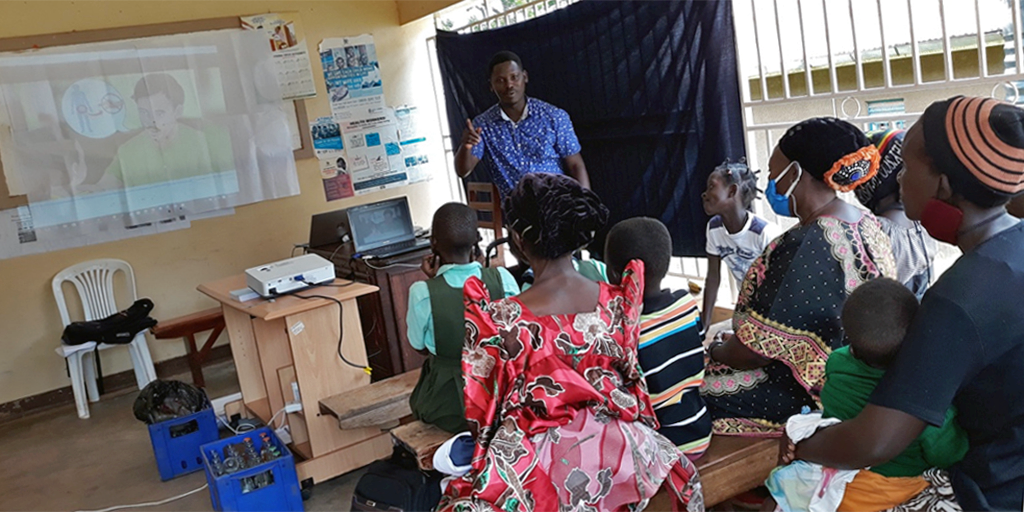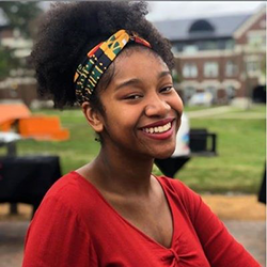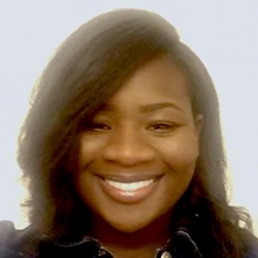Empathy and Flexibility Help a Global Research Partnership Succeed
June 11, 2021

Last year, Autumn Barnes and Krystin Jones received a Bass Connections Student Research Award to explore perspectives on genomics research for sickle cell disease in Uganda. They planned to interview healthcare workers, patients and parents in Kampala and Kalangala, and they hoped their work would provide insight into how to empower these communities to make informed decisions.
The Duke students expected challenges to arise in their fieldwork, but they thought they’d be navigating them in person. When the pandemic took travel off the table, they forged a new approach.

They found Ugandan collaborators to support them in carrying out their research; however, a new set of challenges arose. Political strife, unstable internet access and transportation restrictions, among other issues, meant that the project moved forward much slower than expected.
From the U.S., Barnes and Jones focused on team-building and collaboration. “We had to rely heavily on the work ethic and availability of our research assistants,” said Barnes, who majored in Public Policy Studies and Global Health and graduated this spring. “They were amazing in being able to collect rich interviews and assist with the Ugandan IRB process” for study approval.
Learning to understand, empathize with and manage these conflicting life events and their potential impact on the project through effective communication was perhaps one of the most invaluable lessons we took from this project.

Patience was vital. Challenges throughout the pandemic taught Barnes and Jones to be mindful and to recognize that these researchers were, first and foremost, individuals. “Learning to understand, empathize with and manage these conflicting life events and their potential impact on the project through effective communication was perhaps one of the most invaluable lessons we took from this project,” said Jones, who completed her master’s degree in Global Health this spring.
For team meetings on Zoom to be productive, everyone needed to attend. However, this was often difficult to achieve. “Planning and prioritizing were crucial for project development,” said Barnes. “It also pushed us to develop more effective and accessible means of communication, such as channeling team correspondence through email or WhatsApp.”
The team experienced occasional delays with the Ugandan Institutional Review Board, which needed to approve research involving human subjects.

“The ethics approval process was often a major sticking point in the early stages of the project, which encouraged us to lean heavily on our local collaborators,” said Barnes. “It was also beneficial to receive exposure to different countries’ review processes. The lessons learned were invaluable.”
As future global health practitioners, Barnes and Jones now feel better equipped to navigate cultural and infrastructural differences between countries. Although remote research presented a unique set of challenges, they built teamwork and communication skills, practiced greater flexibility and gained a deep appreciation for their collaborators.
Learn More
- Read about their project and other 2020 Student Research Awards.
- See who received 2021 Student Research Awards.
- Explore reflections from the Class of 2021.
